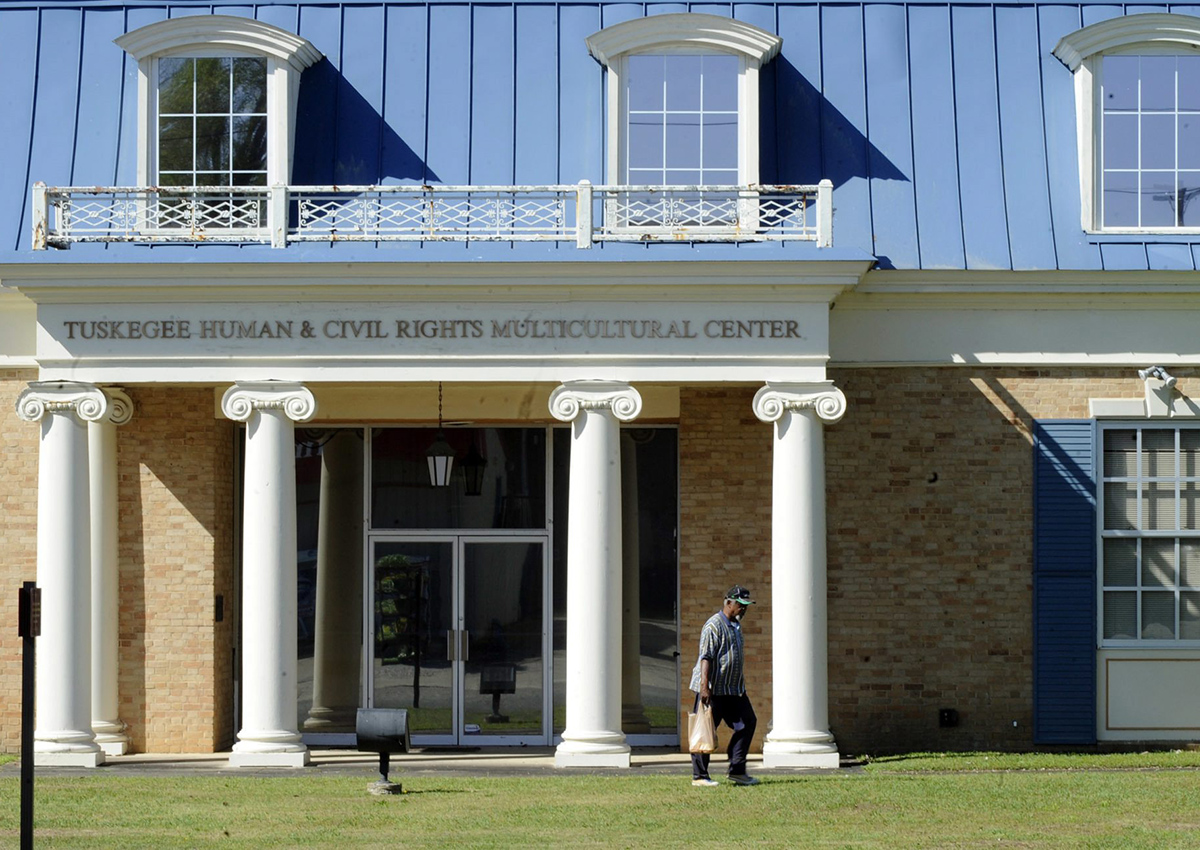Descendants of hundreds of black men who were left untreated for syphilis during an infamous government study want a judge to give them any money remaining from a $9 million legal settlement over the program.

The head of an organization for descendants of the Tuskegee Syphilis Study said the money could help fund college scholarships the group provides, and members would like to develop a memorial garden dedicated to the men.
READ MORE: NAACP leaders arrested during sit-in protest at office of Trump’s attorney general nominee
Some of the funds also could go to a county-owned museum located in Tuskegee that has separately requested the funds, but the decision should be up to the descendants, said Lillie Tyson Head, president of the Voices of our Fathers Legacy Foundation.

Get daily National news
“It was meant to go to the descendants in the first place,” Head, who lives in Virginia, said in an interview Friday.
The Voices group has sent a letter to U.S. District Judge Myron Thompson asking him to withhold a decision on the money until they have time to hire a lawyer and file documents in the long-running, class-action lawsuit over the study.
Fred Gray, an attorney who heads the museum and represented study participants in the lawsuit, said he had not seen the group’s letter and declined comment on the request. Gray has requested the money for the Tuskegee Human and Civil Rights Multicultural Center, which includes an exhibit about the study and a memorial to the men.
Beginning in 1932 in the impoverished, segregated South, government medical worker in rural Alabama withheld treatment from unsuspecting black men infected with syphilis so doctors could track the disease and dissect their bodies afterward. Finally revealed by The Associated Press in 1972, the study ended and the men sued, resulting in the settlement.
READ MORE: Canadian researchers are working on a syphilis vaccine
More than 6,000 heirs of the roughly 600 men who were involved in the study received settlement payments through the decades, court officials say, but an undisclosed amount remains in court-controlled accounts. Court officials say they can’t find additional descendants, if any exist. All the men who participated in the study are dead.
The amount of money at stake hasn’t been made public, but court documents describe it as a “relatively small” amount of interest earnings.
The Trump administration has filed documents saying any unclaimed settlement money should revert to the government under terms of the original settlement, reached in 1975.







Comments